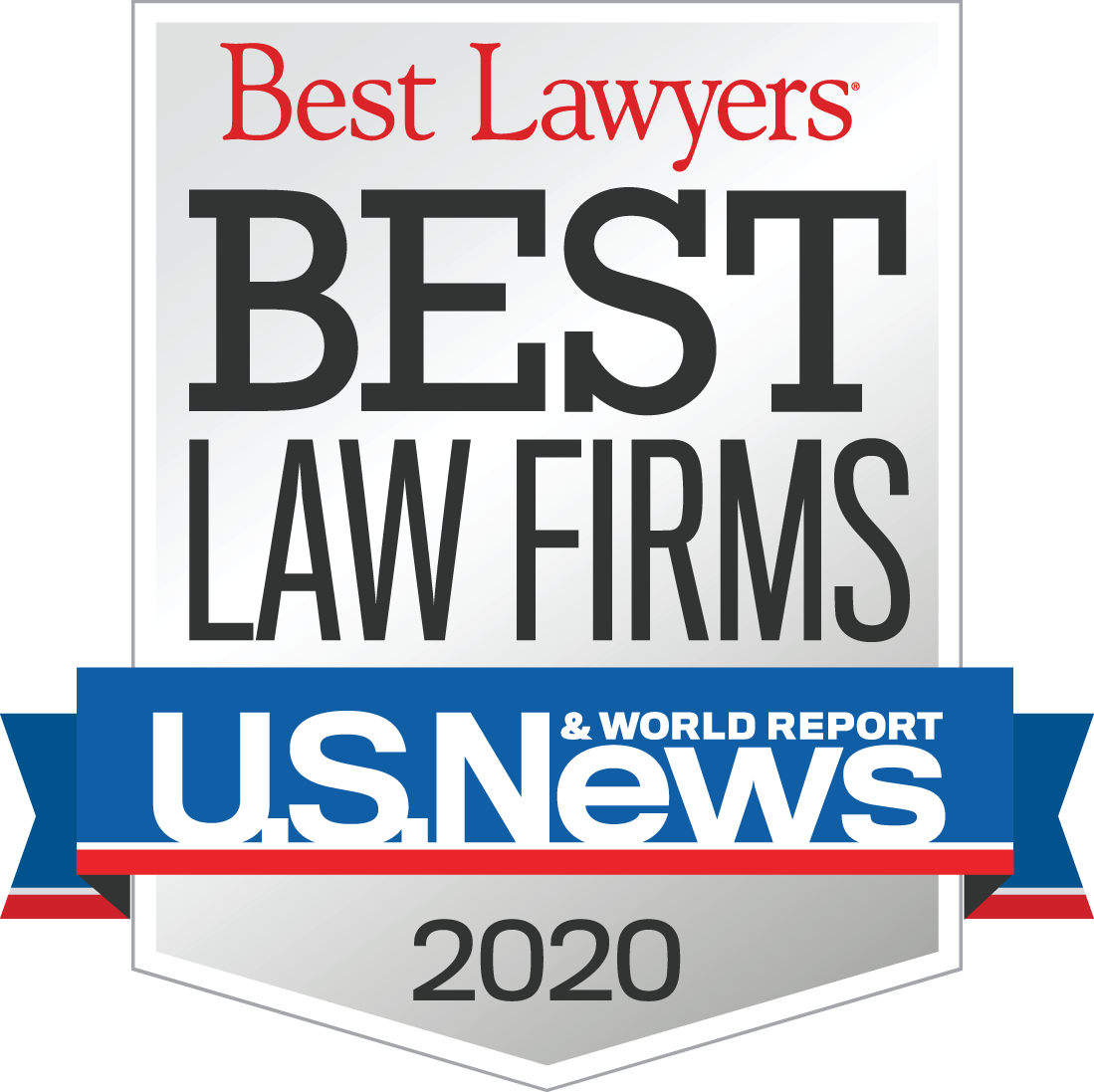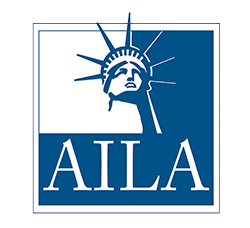What is a Non-Compensable Injury?
Injuries that are NOT eligible for payments under Workers' Comp Law
No compensation is payable for employees: 1) refusal to wear safety appliance provided and required, 2) intoxication, or 3) willful intent to injure one's self. S.C. Code Ann. § 42-11-100.
Examples of injuries that may NOT receive workers' compensation include: stress, heart attack, repetitious / repetitive motion, coming and going, hernia, intoxication and horseplay.
Stress/Mental Injury:
Stress arising out of and in the course of employment unaccompanied by physical injury and resulting in mental illness or injury is not a personal injury unless it is established that the stressful employment conditions causing the mental injury were extraordinary and unusual in comparison to the normal condition of the employment and if the stress is not result of any event or series of events which is incidental to normal employer/employee relations including, but not limited to , personnel actions by the employer such as disciplinary actions, work evaluations, transfers, promotions, demotions, salary reviews, or terminations, except when these actions are taken in an extraordinary and unusual manner. S.C. Code Ann. § 42-1-160.
A mental injury which causes a mental condition may be compensable under certain circumstances. Mental injuries are compensable under workers' compensation law if induced by either physical injury or unusual or extraordinary conditions of employment. Getsinger v. Owens-Corning Fiberglass Corp. 335 S.C. 77, 515 S.E.2d 104 (S.C. App.1999). "Unusual or extraordinary conditions in employment, "required for a workers' compensation claimant to recover for a mental-mental injury, refers to conditions extraordinary to the particular job in which the injury occurs, rather than to employment in general. Shealy v. Aiken County 341 S.C. 448, 535 S.E.2d 438 (S.C. 2000).
Repetitive Motion Injuries:
There used to be no reported decisions on repetitive motion injuries in South Carolina; however, Pee v. AVM, Inc. changed history. Pee stated that the claimant's carpal tunnel syndrome was compensable under the workers' compensation Act as an injury by accident; although claimant experienced her symptoms from some time during her repetitive work activity, there was no indication that she expected or intended the resulting condition of median nerve compression. 344 S.C. 162, 543 S.E.2d 232 (S.C. App. 2001). An injury need only by unexpected in order to be considered an injury by accident under the Workers' Compensation Act; there is no requirement in the Act that the injury be distinct, as opposed to gradual.
Heart Attack/Stroke:
A heart injury, when brought on by overexertion or strain in the course of work, is compensable, though a pre-existing pathology may have been a contributing factor. But in order to obtain an award for any accidental injury resulting from aggravation of heart trouble, there much be a sudden, unusual exertion, violence or strain. Raley v. Camden 222 S.C. 303, 72 S.E.2d 572 (1952).
A heart attack suffered by an employee constitutes a compensable accident under the Workers' Compensation Act if it is induced by unexpected strain or overexertion in the performance of his duties of employment, or by unusual and extraordinary conditions in employment; however, if a heart attack results as a consequence of ordinary exertion that is required in performance of employment duties in an ordinary and usual manner, and without any untoward event, it is not compensable as an accident. Shealy v. Aiken County 341 S.C. 448, 535 S.E.2d 438 (S.C. 2000).
If an employee dies of a heart attack, cerebral hemorrhage, apoplexy or other injury to the blood vessels, he or she must show not only that the injury was in the course of employment but also that the death arose out of employment, in that is was brought about by unexpected strain or over-exertion, or as a result of unusual and extraordinary conditions or employment; however, if such an injury results as a consequence of the ordinary exertion that is required in the performance of the employment duties in the ordinary and usual manner, and without any outward untoward event, it is not compensable as an accident. Jennings v. Chambers Development Co. 335 S.C. 249, 516 S.E.2d 453 (S.C. App. 1999).
Intoxication:
An injury resulting from an employee's intoxication is not compensable. S.C. Code Ann. § 42-9-60. The rule applies even if the alcohol is provided by the employer. Spoone v. Newsome Chevrolet Buick, 412 S.E.2d 434 (Ct. App. 1991). However, the intoxication must be causally related and the proximate cause of the injury. For intoxication to be a bar to recovery, it must be the proximate cause of the injury, and not just precede the injury. Kinsey v. Champion Am. Service Center 268 S.C. 177, 232 S.E.2d 720 (S.C. 1977).
Coming and Going to / from Work:
When an employee is injured off the employer's premises while coming to or going from work, the injury is generally not compensable. There are, however, numerous exceptions making the injury compensable:
- 1) If the employer provided the means of transportation or pays travel time;
- 2) If the employee performs duty or task connected with his employment during the commute;
- 3) If the way used is inherently dangerous and it is either
- (a) the exclusive way of egress or ingress to and from work or
- (b) it is constructed and maintained by employer;
- 4) If the place where the injury occurs is in such close proximity to the workplace that it is brought within the scope of employment; and
- 5) If the injury occurs while the employee is on a special errand for the employer. Aughtry v. Abbeville County School District. No. 60, 332 S.C. 453, 504 S.E.2d 830, rehearing denied, reversed 340 S.C. 604, 533 S.E.2d 885 (S.C. App. 1998).
Hernia:
In an attempt to limit compensation to those cases when there is a close connection between the accidental injury and the hernia, and to ensure that only work-induced hernias are compensable, the legislature has prescribed five elements that a claimant must establish in addition to showing that the hernia resulted from an injury by accident arising out of and in the course of his employment. These elements are:
- (1) that there was an injury resulting in a hernia or rupture;
- (2) that the hernia or rupture appeared suddenly;
- (3) that it immediately followed the accident;
- (4) that it did not exist prior to the accident for which compensation is claimed; and
- (5) that it was accompanied by pain. S.C. Code Ann. § 42-9-40.
Horseplay:
Horseplay may involve an injured "innocent victim" or an "instigator." Generally, the injury of an innocent employee in the course of his employment by the horseplay of a fellow employee in which the injured did not participate, arises out of the employment and nothing more appearing, is compensable. Allsep v. Daniel Const. Co., 216 S.C. 268, 57 S.E.2d 427 (S.C. 1950). The compensability of injuries sustained by an instigator remains an unresolved question in South Carolina, but the language of some opinions suggests instigator's injuries are not compensable.
Intentional Acts:
The Workers' Compensation Act provides that no compensation is payable where an injury or death is the result of an employee's willful intention to injure or kill himself or another.











